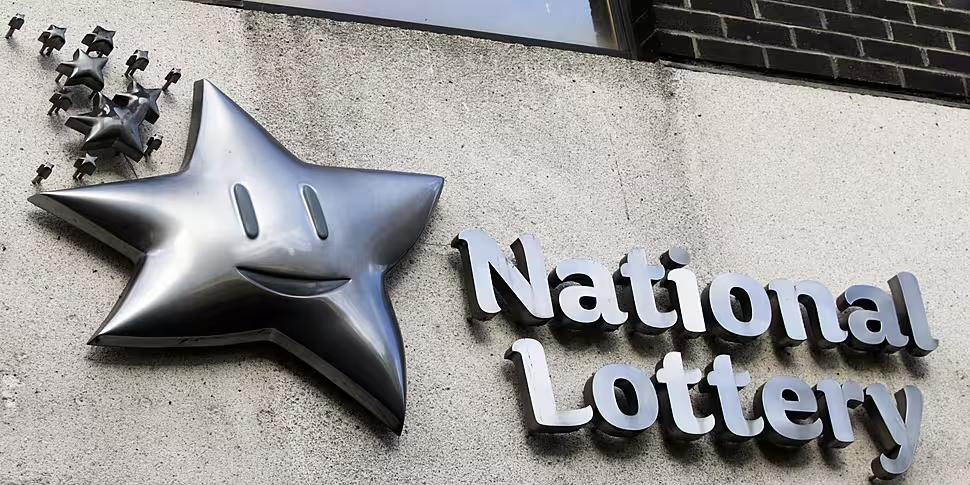Tonight's Lotto jackpot is set to be the largest in nearly four years.
Ahead of tonight's mid-week draw, the top prize is estimated to have reached €12.5 million.
Only one person has won the jackpot so far this year, so the amount has been rolling over each week since the end of January.
Of course, many people buying tickets today may be wondering: what are the odds of actually winning?
On today's Lunchtime Live, renowned maths teacher and an author of maths book Less Stress, More Success Brendan Guildea dived into some of the numbers jackpot hopefuls should be aware of.
He explained: “There are 10 million combinations, so the chances of you landing the lottery is kind of remote.
“It’s just a shade over 10 million, probably closer to 11 million.
“The prize money now… once the amount gets over €8-9 million, it starts to become serious value. If you’re someone who bets on the Grand National for fun and you never do the lottery… tonight’s a good night to do the lottery."
For Brendan, one of the key things when filling out a lottery ticket is to use "unique numbers".
He explained: "If you’re picking birth dates, then get in line: so does half the country. Don’t avoid the numbers from 1-31, but you must have a couple of higher numbers in there.
“Numbers like 7, 4 and 11 are terribly popular with people. If you do 1, 2, 3, 4, 5, 6 the odds of that coming up are ten million to one - but hundreds of people do that every week, so it’s a really bad lottery combination to do.
“The same applies to 5, 10, 15, 20, 25, 30… but not as much.”
The mathematical theory
Brendan's a fan of the randomised Quick Pick ticket, but he wouldn’t discourage people from picking their own numbers - he suggests they should just be aware it makes them slightly bias towards particular numbers many other people are likely to pick.
He observed: “When you look at the results, each number should come up the same amount of time over a long period - and that’s what’s happening.
“You might find the number 2 appears slightly more often than the number 3 - but that will even out over say a two-year or 20-year period. That’s the mathematical theory."
Brendan's main mathematical tip? Pick three odd numbers and pick three even numbers.
He explained: "Make sure three of the numbers are low - i.e. below 23 - and three are high.
“I’m going to give you six numbers - but don’t do these, because if other people did it you’d be on a multiple winner and you don’t want that. My numbers are 1, 12, 17, 24, 38 and 43.
“Mathematically, they’re very well spread out… around 35% of the time, the numbers when they come out will have three high numbers and three high numbers, three even numbers and three odd numbers.”









